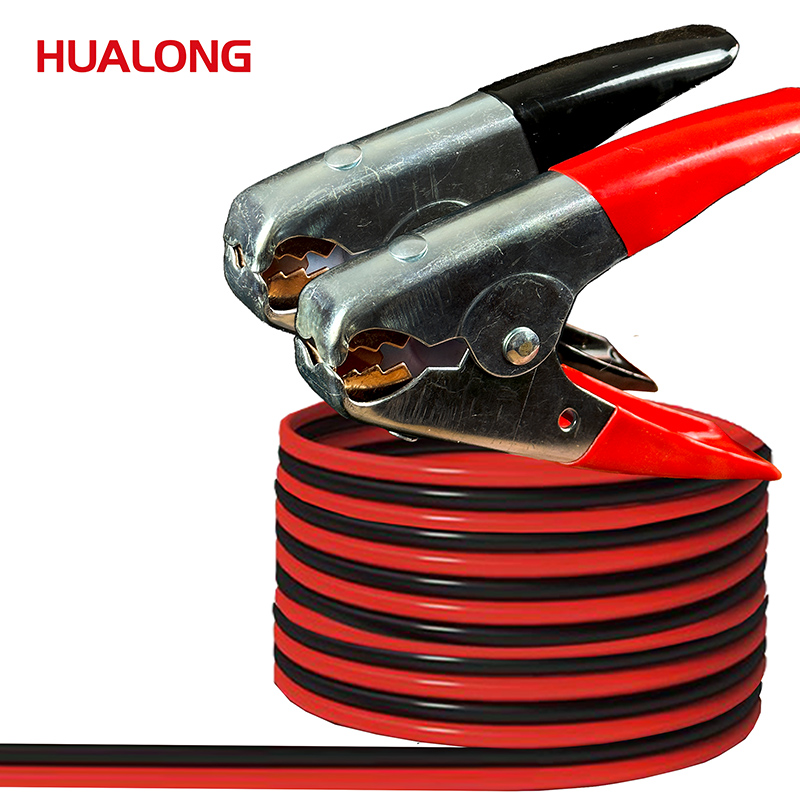What special coating or treatment can be applied to the surface of the battery clip to enhance corrosion resistance?
Author:admin
Date: 2023-12-22
There are several special coatings or treatments that can be applied to the surface of battery clamps to enhance corrosion resistance. Some common options are:
1. Zinc plating: This is a popular electroplating process where a layer of zinc is deposited onto the surface of the battery clip. The zinc coating acts as a sacrificial layer, preventing corrosion by forming a physical barrier between the metal surface and the corrosive environment. It also provides better resistance to scratching and wear.
2. Nickel plating: Similar to zinc plating, nickel plating involves depositing a layer of nickel onto the surface of the clip. Nickel acts as a corrosion barrier and provides good resistance to acidic environments. It can also enhance the conductivity and solderability of the clip.

3. Tin plating: Tin plating involves coating the battery clip with a layer of tin. Tin provides excellent corrosion resistance and prevents the base metal from coming into contact with the corrosive environment. It also offers good solderability and can withstand high temperatures.
4. E-coating: Electrocoating, also known as e-coating or electrophoretic coating, is an immersion-based paint process that involves depositing a thin film of protective coating onto the battery clip's surface. This method offers uniform coverage, excellent adhesion, and enhanced corrosion resistance. E-coating is often used for complex shapes or clips with intricate designs.
5. Organic coatings: Organic coatings such as epoxy or polyurethane paints can be applied to the battery clip's surface to provide a protective barrier against corrosion. These coatings are typically sprayed or dipped onto the clip and provide resistance against moisture, chemicals, and UV radiation. Organic coatings can be formulated to meet specific environmental requirements and provide long-lasting protection.

 English
English 中文简体
中文简体












